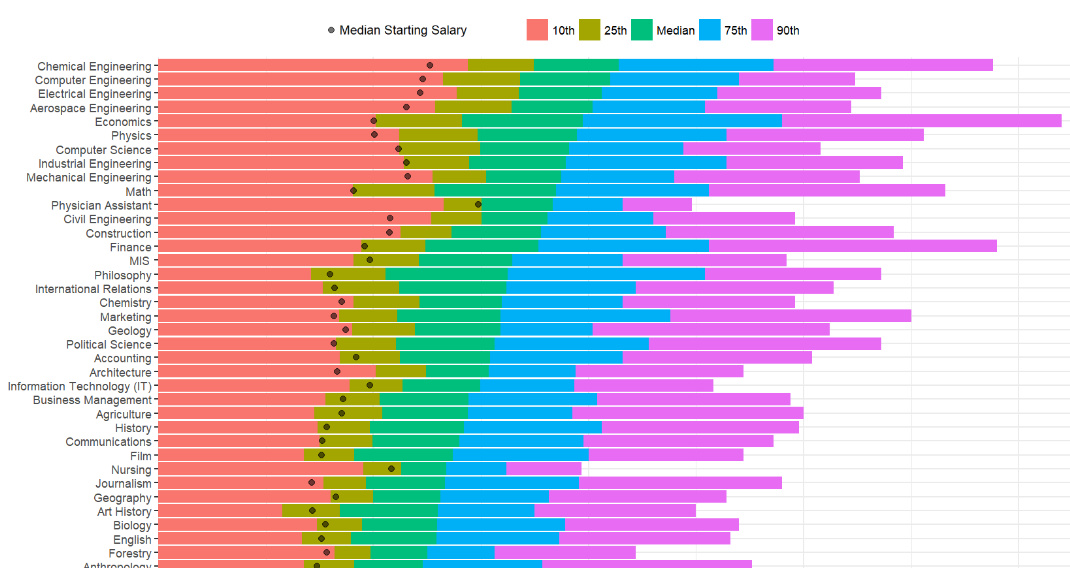A lot go to law school, some go to business school. Marketing.
The "real job" that a philosophy degree generally prepares people for is actually the financial markets. Supposedly places like Merrill Lynch & Deutsche Bank any of these big financial institutions, allegedly they like them (not saying more than accounting, finance, economics, math, engineering, CS). I guess basically for the financial world they're dealing with a lot of weird, esoteric problems and they deal with trying to convince people to do one thing or another. You want to buy this stock right now because x,y,z. So argument, rhetoric, logic all these things are actually very valuable in the money world.
It teaches you to think abstractly (ideas rather than events). Its very analytical and teaches you how to argue well.
Employers value creative problem solving and the ability to deal with ambiguity in their new hires.
A PhD in philosophy is no joke, it's a ton of work.
There is also different types of genius. You can be a genius with the piano or a genius with computers.
You can argue that there is mental intelligence, emotional intelligence, physical intelligence, and spiritual intelligence (and I don't mean in a religious sense).
Also, I guess the barrier to entry into these programs can be higher for STEM related courses.
at the end of the day, money exchanges people's hands. Networking is also very big. That's actually one of the big draws about business school is the postgrad network.
I would say that
without a postgraduate degree like a PhD, or at least a masters degree there are certainly some majors that are much harder to break into
that specific job market with, and
people often end up getting jobs and things unrelated to those majors. Sociology, maybe psychology with only a four-year degree, gender studies, women studies, history, a lot of artistic degrees like poetry. But something like history a lot of those people can end up, going to business school afterwards or an MBA or law school. If you go into academia you often times need an advanced degree unless you're teaching something like elementary school. Physics at the undergraduate level is still valuable, but you're competing with people that have a specific specialized degree for examples, civil engineering or computer science. One of my teachers got a BS in some science I forgot what it was and then ended up getting an MA in English and said that it wasn't very useful at least for him. I think a lot of it also
just depends on what you want to do with it and how you use it. Hospitality is not generally necessary for the hospitality industry, and you learn most of the important stuff on the job. Some things like a lot of police departments, but not all require some sort of degree or some fire departments. One of my friends got a degree in criminal justice, and wanted to become a firefighter, so that was why he studied that. I suppose you might be able to add criminal justice as an undergraduate to that list. Sports, history or journalism don't have the best employment track record recently.
But again I think it depends on what you wanna do and how you end up using and marketing your degree.
Maybe dance is another example?

How do different college degrees compare for earning potential? This chart uses a data set from 1.2 million past students to compare 50 different majors.

www.visualcapitalist.com
A friend of mine got her undergraduate degree in Chinese literature, and her masters in computational linguistics
Another example is my friend's Dad is basically a real estate development billionaire who owns his own company, and he went to Stoneybrook university and majored in philosophy.
political science might be a good example. Again, a lot of those people end up going to law school.
Or maybe something like Slavic languages and literature




